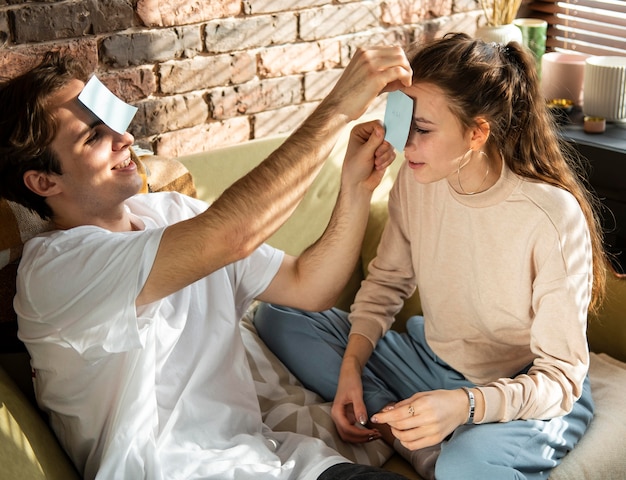
From a bump to a hit, any force strong enough to damage your skin can cause a bruise. So, how exactly does a bruise form? When those tiny blood vessels, called capillaries, just below your skin get damaged, they release blood into the surrounding tissue. This results in a blue-black mark that’s typical of most bruises. As the blood starts to break down, the bruise changes color to a greenish-yellow before usually disappearing in about ten to fourteen days without any treatment.
Bruises may hurt as much as they look unpleasant. They’re often caused by some sort of injury or collision, but some people seem more prone to bruising than others. So, why is that? Let’s explore what makes certain individuals more susceptible to bruises.
**Causes of Bruises**
**Excessive Strain:** Overworking your body through intense exercise or heavy lifting can lead to blood vessels bursting, thus causing bruising.
**Sun Damage:** Too much sun exposure can burn and damage your skin, making it more vulnerable to bruising.
**Aspirin and Medications:** Medications like aspirin can make bruising more likely because they hinder blood clotting.
**Medical Conditions:** If you bruise easily, it might indicate good health, but frequent unexplained bruising may require a check-up to rule out blood disorders.
**How to Treat Bruises**
When treating bruises, remember the acronym RICE, which stands for Rest, Ice, Compression, and Elevation. Keep the bruised area rested to avoid further damage. Applying ice can reduce swelling and soothe pain; using an ice pack for a few minutes on the area can help. Wrapping the bruise with a crepe bandage provides compression, which helps. Elevating the bruised area to the level of the heart or higher can minimize swelling. Resting is crucial to prevent additional damage and reduce inflammation.
**Ice Therapy:** Applying ice right after a bruise occurs is beneficial because it reduces blood leakage into surrounding tissues. Use an ice pack or a bag of frozen veggies, or soak a towel in cold water to cover the bruise for a few minutes.
**Crepe Bandage:** By wrapping the bruised area with a crepe or elastic bandage, you apply pressure that helps prevent blood vessels from releasing more blood, thus limiting the severity of the bruise.
**Heat Treatment:** After icing, treating a bruise with heat can help dissolve pooled blood. Use a heating pad or hot water bottle, or apply a warm compress to the bruise.
**Comfrey Compress:** A hot compress made from comfrey, known for reducing swelling and promoting new cell growth, can also help. Make sure to use this only on closed bruises to avoid infection.
**Vinegar:** Mixing vinegar with hot water and applying it can improve the flow of blood at the skin’s surface, reducing blood pooling.
**Arnica:** Use natural arnica ointment or soothing gel, which contains anti-inflammatory ingredients, to diminish pain and swelling.
**Parsley:** Rub some parsley on the bruise; it speeds up healing by lessening inflammation and pain, leading to quicker fading of the bruise.
**St John’s Wort Oil:** Gently rubbing St John’s Wort oil on the bruise helps heal due to tannins, which are astringents that shrink tissue and stop bleeding.
**Vitamin K:** Using a Vitamin K-enriched cream can help manage blood clotting, so apply it to the bruise twice daily. Foods high in Vitamin K, like broccoli and seaweed, can also help.
**Prop Up Your Feet:** Since blood in a bruise tends to pool in low spots, raising the bruised area can help redistribute blood.
**Vitamin C:** Consuming Vitamin C-rich foods or supplements strengthens collagen around blood vessels, helping bruises heal faster.
**Bromelain Supplement:** Found in pineapples, bromelain is an enzyme that reduces pain and inflammation, available as a supplement in health stores.
**Flavonoids:** Eating more citrus fruits, carrots, and apricots can boost your intake of flavonoids, which are antioxidants that strengthen capillary walls and reduce bruising risk.
**Conclusion**
If you have unexplained bruises, especially in odd places, it might be a sign of something more serious like anemia, hemophilia, or leukemia, so getting checked out is advisable. However, bruises themselves are typically not worrisome, and these simple remedies can help you find relief quickly.